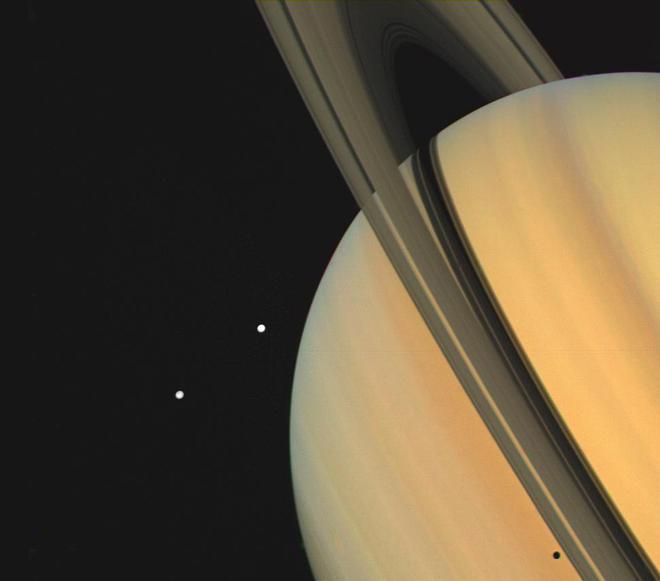This week has shed some great insight into the world of science. Here are some of the most interesting science discoveries this week—from the ancient human skeleton found in Mexico to the gut microbes that evolved along with humans.
Climate change is not the only factor responsible for the devastating Pakistan floods
A new study has found that though climate change is responsible for a 50% increase in rainfall late last month in two provinces in Pakistan, it was not the primary reason for the devastating floods which killed more than 1,500 people.
Pakistan’s overall vulnerability, including people living in harm’s way, is the chief reason in the disaster, the scientists who conducted the study said. Other weather phenomenon, like a severe heatwave in the region earlier in the summer and a wetter monsoon than normal due to La Niña were factors that also contributed to the intensity of the floods.
Saturn’s tilt could have been caused by a ‘missing moon’
Saturn’s rings and its tilt are iconic. A study based on simulations by MIT scientists has found that a ‘missing moon’, dubbed Chrysalis, could have been the reason for the tilt. The scientists theorise that sometime between 200 to 100 million years ago, Chrysalis’s orbit became unstable. In a grazing encounter that caused Saturn to tilt, the moon was ripped to bits and formed parts of the planet’s rings.

Ancient human skeleton found in caves in Mexico
A pre-historic human skeleton has been found in a cave system near Mexico’s Caribbean coast. Scientists think the cave system was flooded at the end of the last ice age 8,000 years ago.
Some of the oldest human remains have been found in sinkhole caves or ‘cenotes’. The recently discovered one was found near a site where the Mexican government is planning to build railway tracks. A swathe of jungle has already been cut down to lay the tracks. Scientists fear that the cave system could collapse, be contaminated or closed off for the project and subsequent development.
Gut microbiomes have evolved with humans
A new study has found that gut microbes have evolved in tandem with humans. A pronounced variation has been found in the microbial composition and the diversity of gut microbiomes of people living in different parts of the world.
The study also found that gut microbes passed between people over generations like genes. So as humans changed, so did the microbes. This finding may enable more personalised treatment, specific to patients’ needs.
New atlas of migratory birds shows extraordinary journeys
Scientists have come up with an online atlas of birds that charts the migratory routes of about 450 bird species in America. The site will bring together online data from hundreds of scientific studies that use GPS tags to track bag movements, and collate over 100 years of bird banding data.
IISc scientists develop gold-coated vesicles to fight tuberculosis
Researchers at the Indian Institute of Science (IISc) have designed a new method to combat tuberculosis for adolescents and adults. The scientists used Outer Membrane Vesicles (OMVs), which are gold-coated spherical membrane-bound particles released by some bacteria. When delivered to immune cells, these vesicles are expected to trigger an immune response.
Daylight can significantly affect moods and sleep cycles
A new study has found that the dimming and brightening of daylight during seasonal changes affect our moods. Daylight detected by a tiny region in our brain through the photosensitive cells of the retina influences not only our sleep cycles but also our hormones, moods and food habits. The new study can help develop new therapeutic approaches to treat mood disorders.
IISc scientists aim to build molecular neurotrophic computing technology
In a move towards developing devices that can mimic the workings of neurons in the brain, researchers from IISc Bengaluru have designed neuromorphic devices using organic materials that have not been used hitherto.
The lunar ‘wobble’ and its relation to mangrove forests
A new study has found that long-term oscillations in the moon’s orbit over a period of 18.61 years may influence the expansion and shrinkage of mangrove forests. This strange connection between the two could help in determining the role of mangroves as effective carbon sinks in the coming decades, scientists say.







